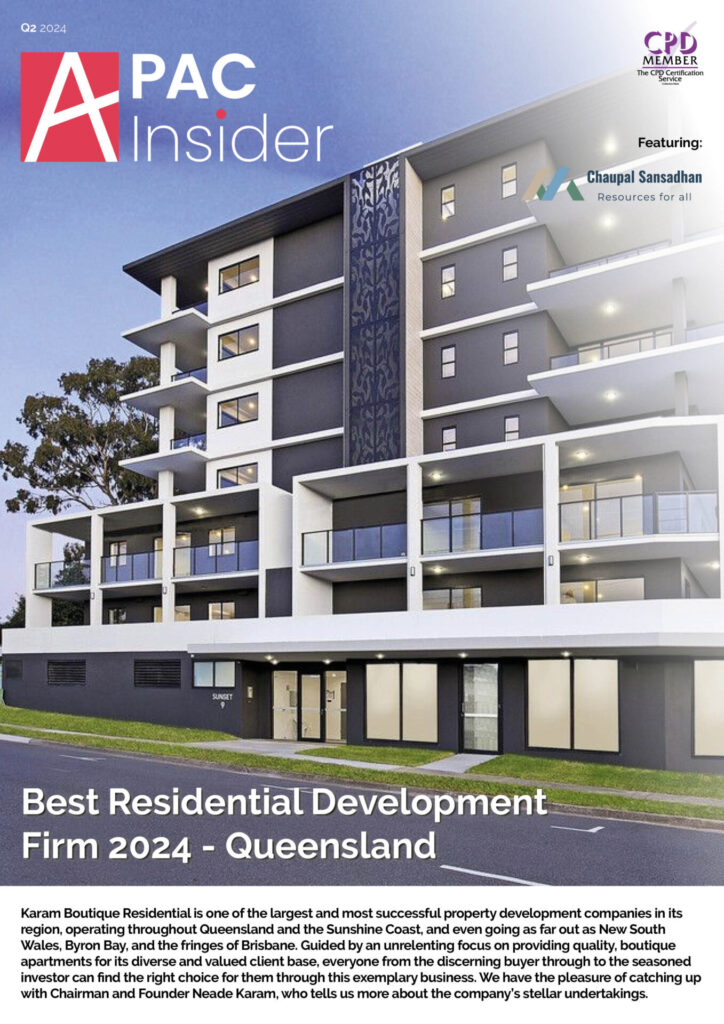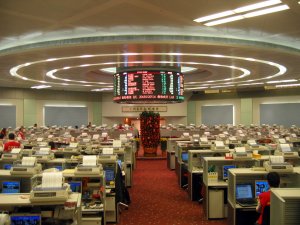The Hong Kong wealth market is expected to rebound after a COVID-19 pandemic induced contraction in 2020, driving up affluent investor numbers. This population, including mass affluent investors (holding liquid assets of US$50,000–$1m) and high-net-worth (HNW) individuals (holding liquid assets of more than US$1m), is expected to grow by 7.8% to reach 3.9 million in 2021, according to GlobalData, a leading data and analytics company.
Hong Kong is one of the main financial hubs of Asia-Pacific and is home to a particularly large number of the region’s wealthy population. According to GlobalData’s Wealth Market Analytics, the affluent population in Hong Kong including mass affluent and HNW collectively account for 60.6% of its total population in 2021 – compared to its peers – Singapore (32.2%), China (5.3%), and India (0.7%).
The number of affluent individuals in Hong Kong recorded an average annual growth rate (AAGR) of 5.1% between 2017 and 2019, rising from 3.2 million in 2017 to 3.7 million in 2019 on the back of strong financial market performance. However, the economic turmoil caused by the COVID-19 pandemic took its toll on the local real estate and stock market, and subsequently affected Hong Kong’s affluent population, which are notably more exposed to both sectors than those in the lower wealth bands.
Ravi Sharma, Lead Banking and Payments Analyst comments: “The population of the affluent investors is expected to rise in coming years supported by the recovery in the economy, widespread vaccinations and improvement in stock market performance. Furthermore, an expected increase in residential property prices will result in capital gains, which will further boost investors’ optimism.”
Equities and mutual funds were the most hit by the pandemic, though overall GDP took a substantial beating according to the Hong Kong Census and Statistics Department. The benchmark Hang Seng Index failed to recover losses incurred earlier in 2020 and therefore closed 2020 down 3.4% against 2019. Similarly, the position of mutual funds also decreased by 0.9% during the year.
Retail deposits, on the other hand, registered high net inflows in 2020, the highest in a decade, benefiting from heightened volatility and uncertainties in other riskier asset classes.
The Hong Kong wealth market is set for a recovery as its economic performance is expected to regain momentum and this results in a shift away from deposits among the investors, towards riskier assets equities and mutual funds, both expected to see strong growth.
Mr Sharma concludes: “Despite several challenges brought about by the pandemic, Hong Kong’s wealth management market has remained mostly resilient and is now all set to rebound. The strong predicted retail investment growth is expected to benefit the investors and will further push the rise of affluent individuals over the next four years.”

Recognising excellence across the Asian Pacific.
Nominate now ➜
Read the latest and past issues of APAC Insider.
Explore issues ➜
Find out how we can help your business grow.
Find out more ➜




















